Exact Answer: 72 hours.
After a major or minor surgery, everyone has many questions in their mind whether or not they are fit to do various things. In the same way, after tooth extraction, there are certain tips to be followed to prevent any further damages. When you have a tooth extracted, clot forms in the region where the tooth was extracted to repair the underlying bone and nerve endings. This clot must remain in place until the gums have healed and the mouth has returned to its natural state. There is a risk of a painful dry socket if the clot becomes dislodged. Dry socket is medically called alveolar osteitis. A dry socket is uncomfortable and takes time to heal. Certain don’ts must be followed to avoid dry sockets—smoking is one of them.
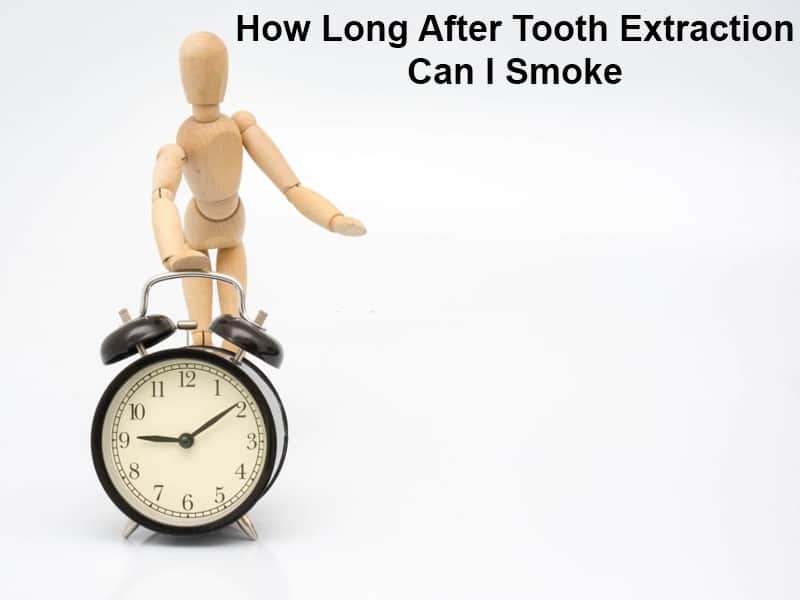
How Long After Tooth Extraction Can I Smoke?
If you are a heavy smoker and want to know how long you can wait before getting your first cigarette after tooth extraction, it is best to seek advice from your dentist. Although smoking is not suggested as a habit, dental doctors suggest holding off for at least 72 hours or three days. This period of time will aid in the formation of a blood clot and the start of the healing process. Though the basic time suggested is three days, it can vary according to the surgery type, like the removal of wisdom teeth.
| Type of people | Percentage of people affected with dry socket |
| Who smoked during the healing process | 12% |
| No smoking during the healing process | 4% |
Inference from the above table is that twelve percent of the population who smoked are affected by dry sockets and four percent of the population who did not smoke are affected by dry sockets after tooth extraction. As it is always said that there might be many causes for one effect in the same there are many things that can cause dry socket. Smoking alone cannot be the only cause of dry sockets. Other preventive measures include—avoiding straw, eating only soft food, proper oral hygiene, and lastly, caring about the tooth extraction site. Being in a false thought that avoiding smoking might keep you away from dry sockets. Many other factors can cause dry sockets. Following the above-mentioned tips might help a person to stay from the dry socket and have happy healing.
Why Does it Take That Long to Smoke After Tooth Extraction?
The fast inhalation of smoking can dislodge the blood clot. To be particular, smoking not only includes cigarettes but also includes tobacco. Cigarettes contain chemical toxins that can significantly slow down the healing process. Smoking after a tooth extraction will lead to post-surgery complications and is difficult to overcome. Toxins in cigarette smoke can cause gum inflammation, and the smoke can irritate the gums around the extraction site, causing discomfort and swelling. Smoking too soon after extraction may have negative consequences.
When blood clots form to help in the healing process after tooth extraction, healing begins. The act of physically smoking will help to dislodge these blood clots until they begin to heal. The healing process will begin to lengthen as the blood clots are dislodged. It is possible to prevent dislodging by not smoking.
There are at times when people get addicted to cigarettes and tobacco. To look at it positively, this period of time can be considered as a good start to quit smoking. Unfortunately, if the patient is willing to quit smoking, the following tips might help to reduce the risk of dry socket:
- Instead of tobacco or cigarette switch to nicotine patch
- It is suggested to wait at least seventy-two hours before smoking and after tooth extraction. Even after the suggested time period, it is better to inhale the smoke gently.
- It is better to get stitches in the place where the tooth is removed.
- Try to cover the place with gauze while smoking
- It is always better to distract by a new habit rather than taking risks.
No one wants to cause pain to themselves. Following the above-mentioned tips might reduce the risk of dry sockets.
Conclusion
No one would like to miss their favorite food for a long time. It is better to stay away from smoking till the place where the tooth is removed is healed. As it is always said “Stay positive”, this situation has two sides anyone should think of. Instead of looking at this situation negatively that the surgery is keeping you away from smoking, it is suggested to consider this as a chance to quit smoking, which is injurious to health. Along with smoking, there are many other tips to be followed to stay away from the pain that dry socket causes.

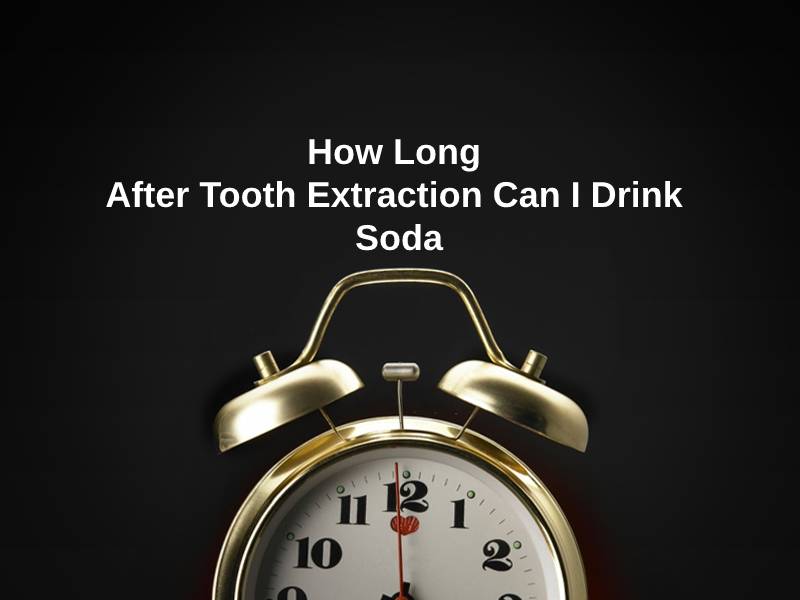
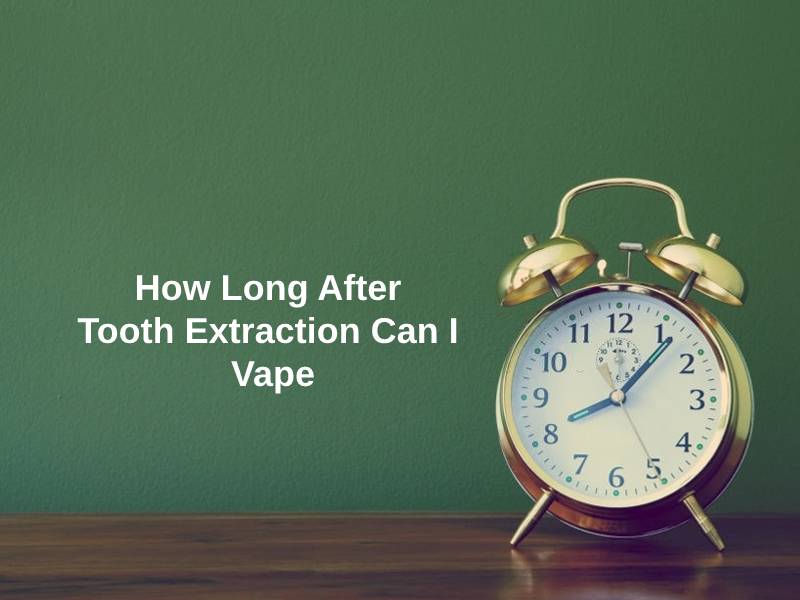

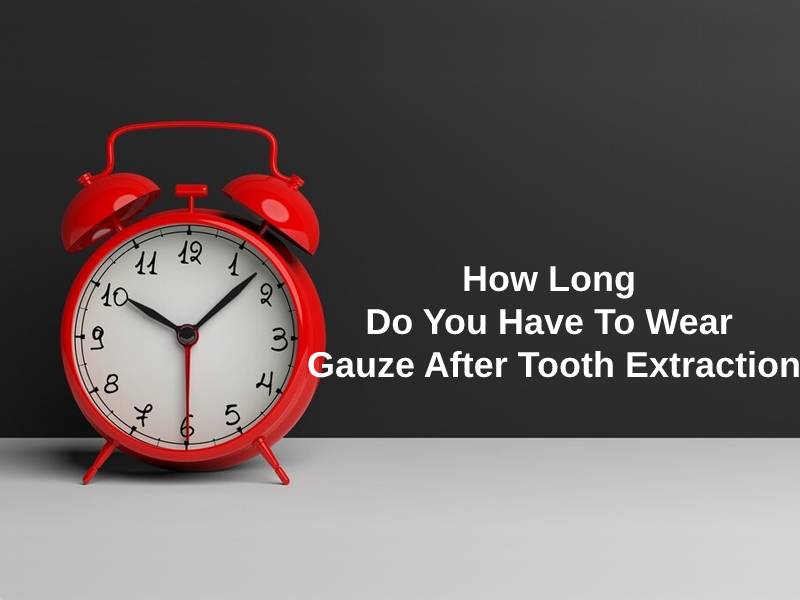

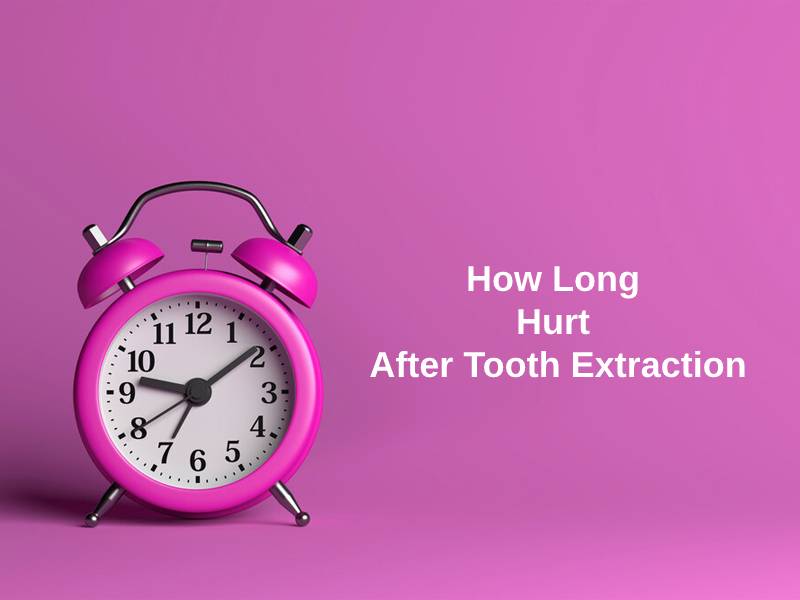
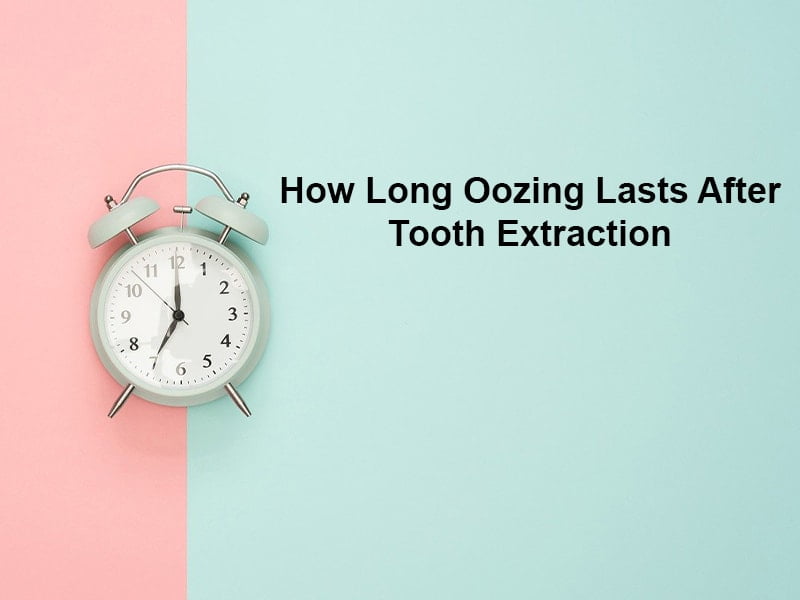
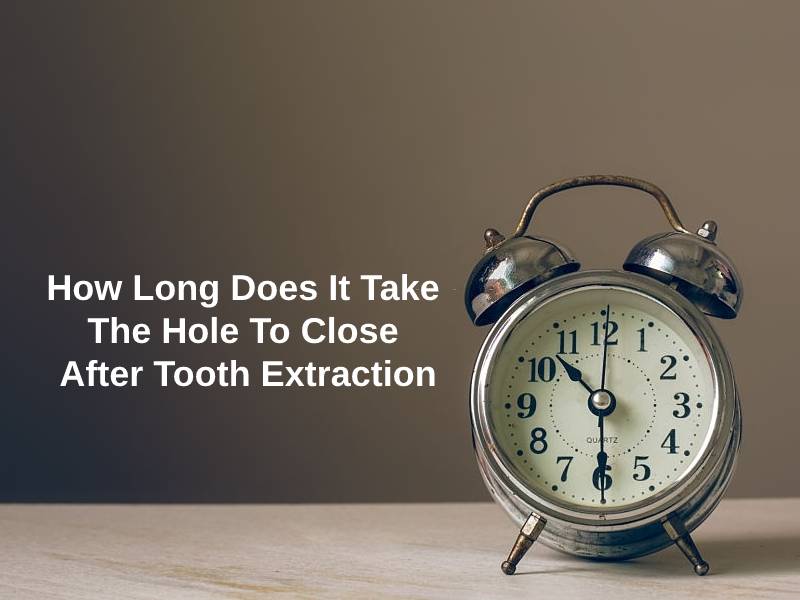
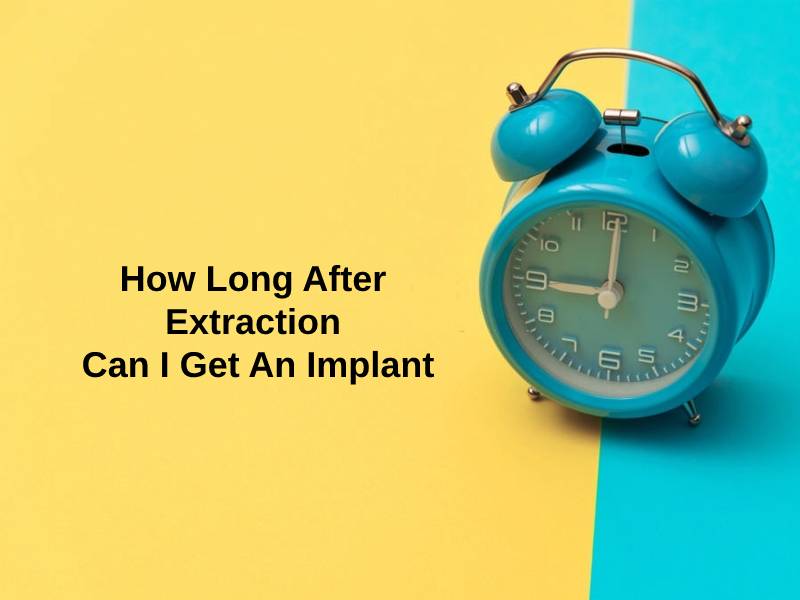
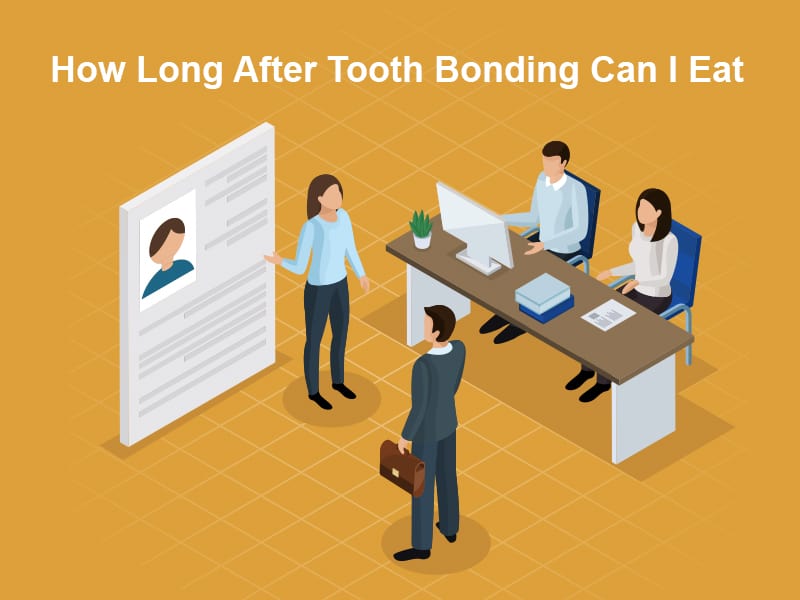
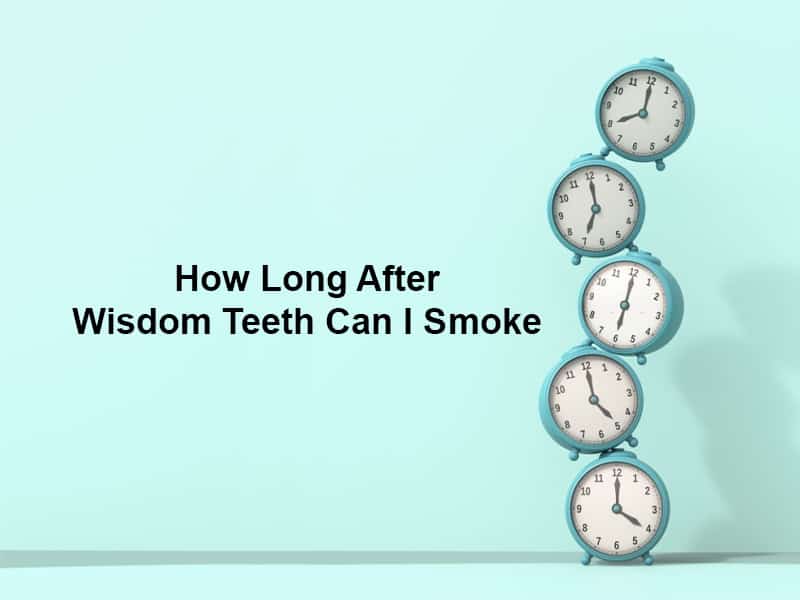
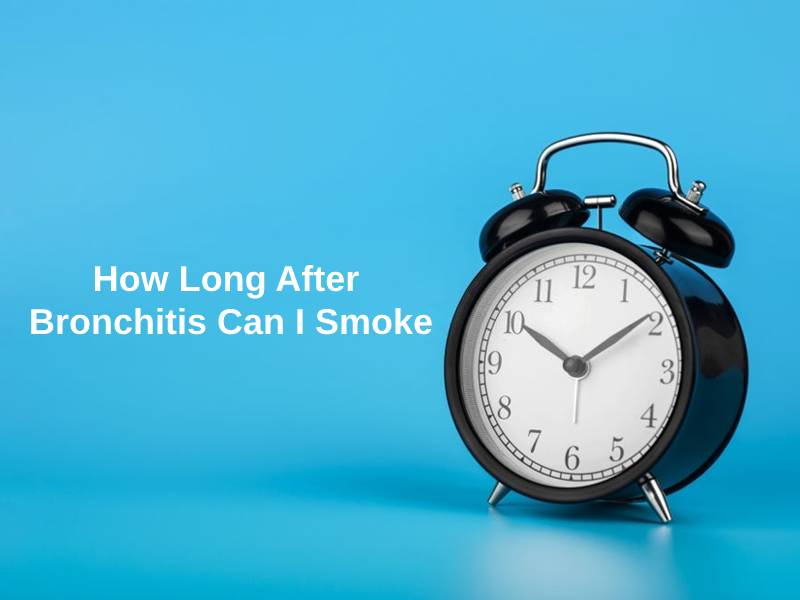
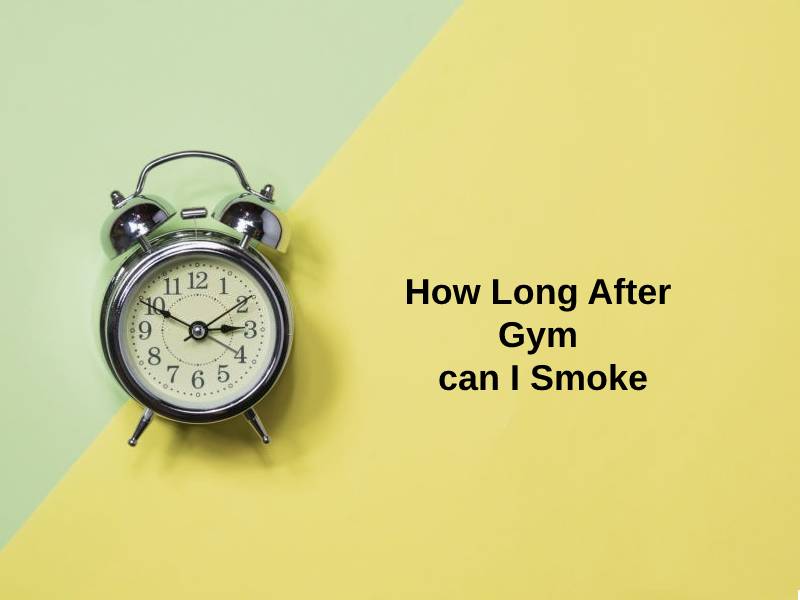
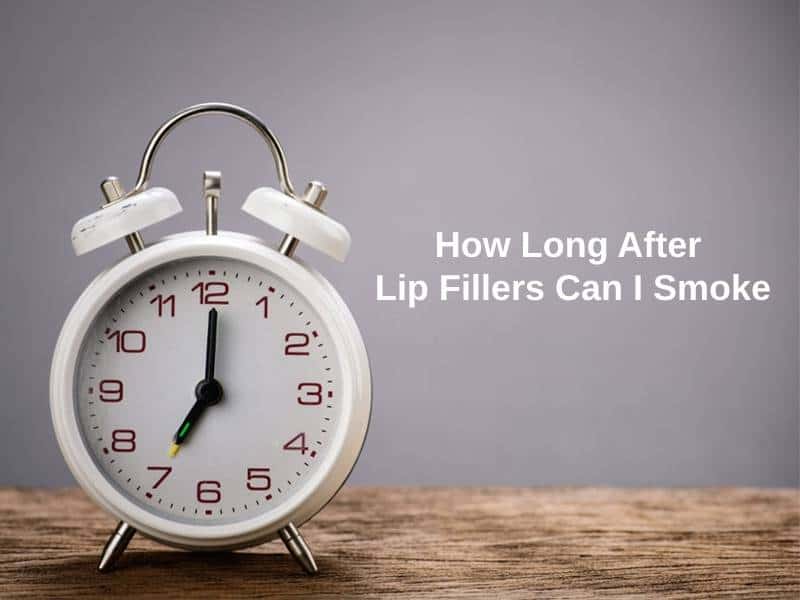
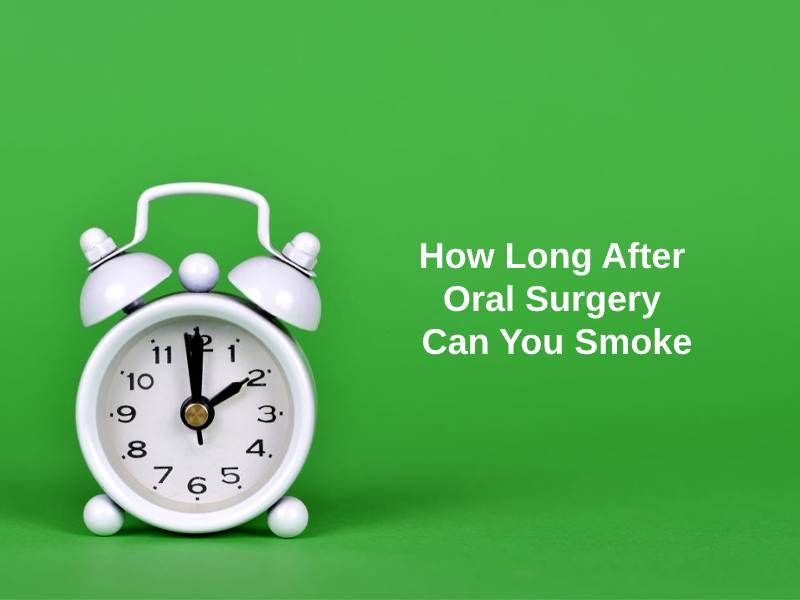
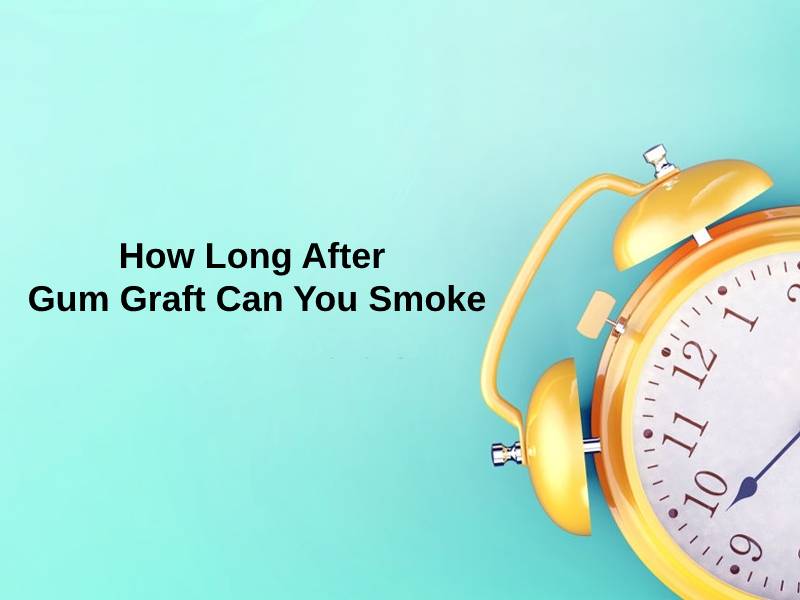
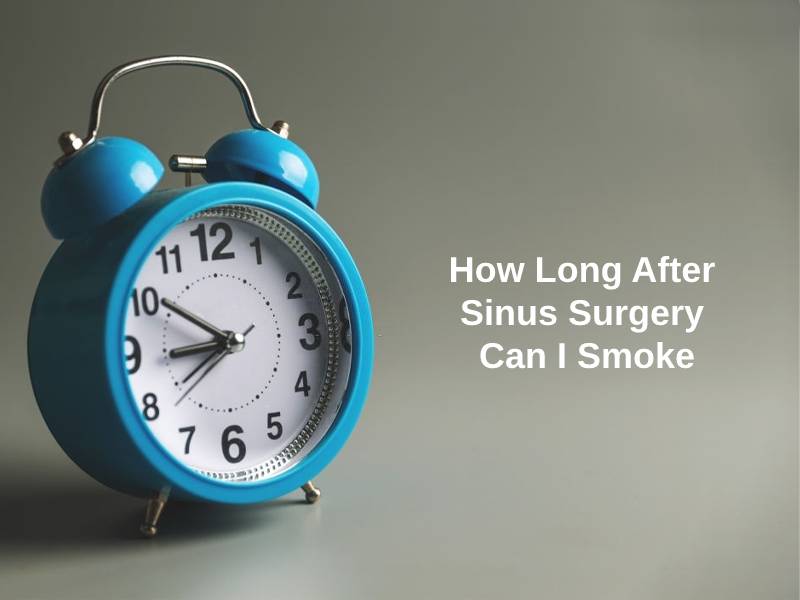
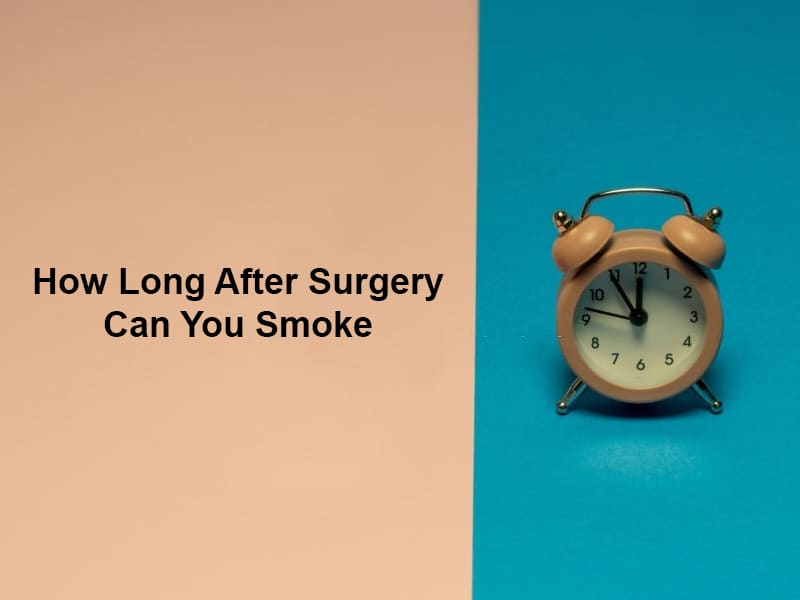
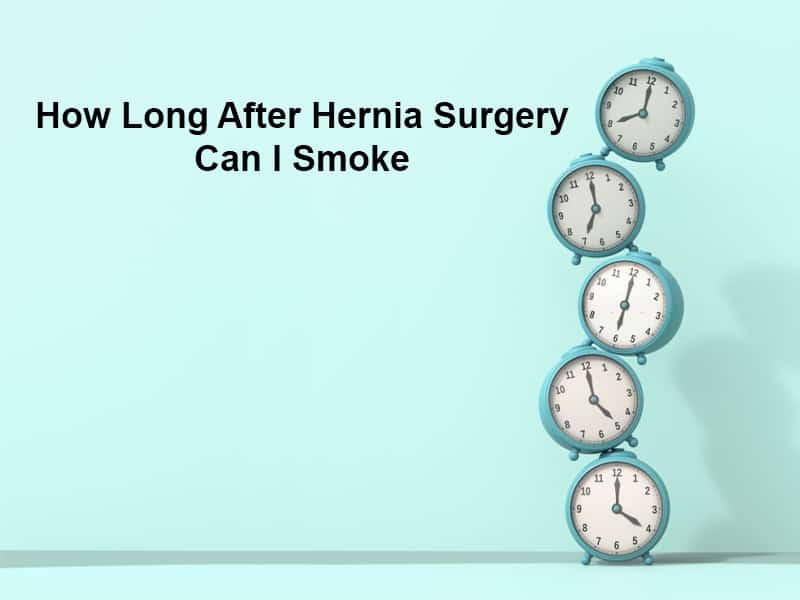

The suggestion to switch to nicotine patches or distract yourself with a new habit is a good alternative for smokers. This article offers practical advice for those looking to quit smoking.
The emphasis on staying positive and considering the benefits of quitting smoking is refreshing. This is a thoughtful and well-researched article.
The cautionary tone of this article is necessary, and the conclusion is spot on. Prioritizing healing and overall well-being is key. Informative and insightful read.
A comprehensive overview of the impact of smoking on tooth extraction recovery. I appreciate the balanced approach and practical recommendations provided in this article.
The time frame for waiting to smoke again is reasonable, especially considering the risks involved. Better safe than sorry!
Absolutely, Mason. It’s crucial to prioritize oral health and healing over smoking.
I appreciate the positive perspective shared in this article. It’s important to approach this situation with caution, and the recommended tips for reducing the risk of dry sockets are very helpful.
Three days is a long time to wait, but it’s understandable given the potential risks and complications. Thanks for sharing this detailed information.
Great article, very informative and helpful tips that everyone should follow post-tooth extraction. It’s clear that smoking can seriously affect the healing process.
I agree, Isla. It’s important to take these post-extraction measures seriously to avoid complications.
Smoking truly has numerous negative effects on the body, and the healing process post-tooth extraction is no exception. This piece provides valuable insights into the implications of smoking during recovery.
The statistics provided are eye-opening. It’s clear that smoking significantly increases the risk of dry sockets. Very insightful!